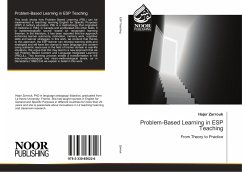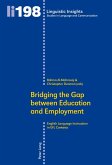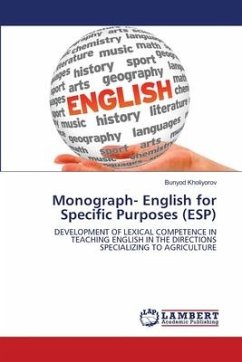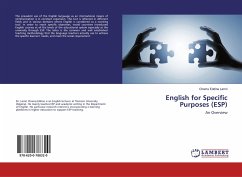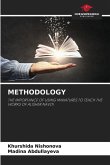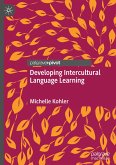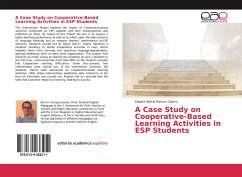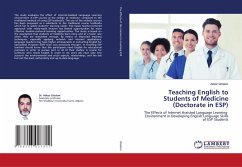This book shows how Problem Based Learning (PBL) can be implemented in teaching/ learning English for Specific Purposes (ESP) in tertiary education. PBL is a methodology that originated in medicine in 1963, in Canada and proliferated into other fields. It is epistemologically sound/ based on recognized learning theories. In the literature, it has been reported that the approach enhances learner autonomy, motivation, memory work, cognitive skills and learner strategies. In this work, we contend that thanks to this approach, the ESP learner can develop learning skills and strategies and will have the chance to learn language and content using authentic resources in the field of his/her domain in real-life situations. We argue that this may lead to a new approach that we call Problem Based Content and Language Integrated Learning (PBCLIL). This learning process entails a transformation in the macro-methodological and micro-methodological levels, as in Demaizière (1996) that we explain in detail in this work.

